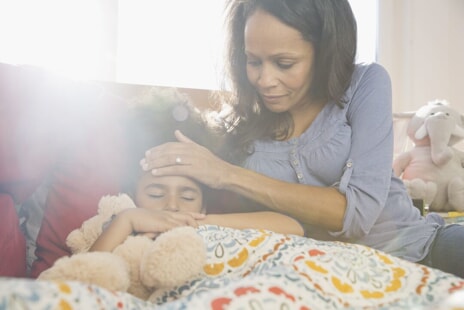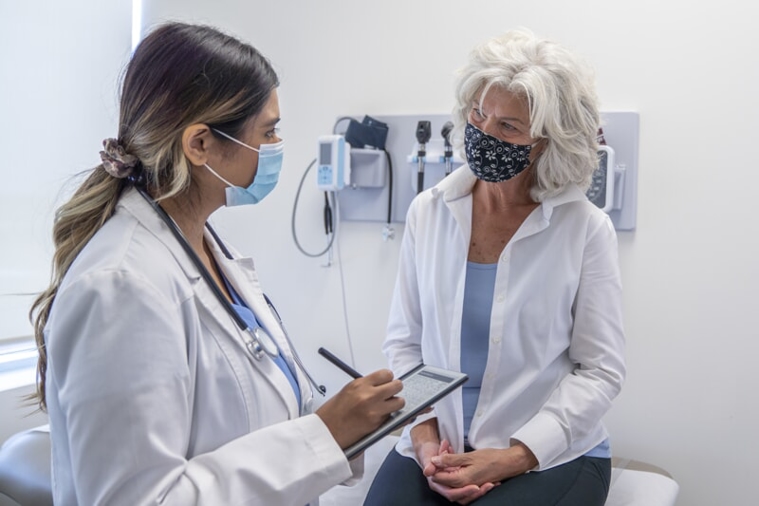Colon cancer prevention: Why you need to get your colonoscopy
Mar 1, 2021

Colon cancer prevention is all about screenings. And although many people shy away from getting their colonoscopy, it’s a crucial component of taking care of your health. Experts estimate that, each year, around 50,000 people die of colorectal cancer. In many cases, these deaths could have been prevented with appropriate screenings and interventions.
“We have a nickname for colon cancer: ‘the silent killer,’” says Neal Kaushal, MD, gastroenterologist with Adventist Health Sonora. “Colon cancer starts as very small, benign growths, but if left unattended, it can have deadly consequences.”
An essential part of preventive healthcare
Colon cancer screenings are essential preventive healthcare screenings—they are just as important as mammograms, prostate exams and annual check-ups. “The gold-standard, highest resolution method for colon cancer screening is a colonoscopy,” explains Dr. Kaushal. “Not only does a colonoscopy detect pre-cancerous polyps, but you can remove and treat them right then and there.”
Some people opt for at-home colon cancer screenings, such as fecal immunochemical tests (FIT) or Cologuard® testing. While these tests may have lower rates of accuracy than a colonoscopy, they are another important early detection tool. “Even though we know expert guidelines recommend colonoscopies, not everyone schedules an appointment with their gastroenterologist on their 45th birthday,” Dr. Kaushal says. “These at-home options are excellent for promoting awareness and making colon cancer prevention a part of the conversation with your healthcare provider.”
How can I prevent colon cancer?
One of the most impactful ways you can prevent colon cancer is to talk openly with your healthcare provider about your digestive health. “These are not typically dinner table topics,” Dr. Kaushal says. “But it’s really important to be forthcoming and open about any symptoms.” Abdominal pain, diarrhea and rectal bleeding are all examples of changes that could indicate colorectal problems.
When it comes to lifestyle changes, the fundamentals remain the same: avoid smoking and excess drinking, exercise regularly and eat a nutritious diet. For colon health specifically, a plant-based, Mediterranean diet is best for your digestive health, while a diet high in red meat may increase your risks for colon cancer.
How bad is colonoscopy prep?
Dr. Kaushal notes that, for most people, the most dreaded part of the colonoscopy is the bowel preparation. “We often get feedback that patients were dreading the bowel prep but found it to not be that bad,” Dr. Kaushal shares. “So many people come back to us and say, ‘I was nervous, but I’m really glad I got it done.’”
If your colonoscopy shows no abnormalities and you have no family history of colon cancer, you only need a colonoscopy every 10 years. If your colonoscopy does detect polyps, you will need more frequent screenings, such as every three or five years. How often you need follow-up screenings depends on the features of the polyps that were found.
“It’s an important conversation to have with your primary healthcare provider,” Dr. Kaushal says. “Our program here in Sonora is one of the best in the country when it comes to patients getting screened appropriately and for early detection of precancerous polyps. Our providers have done an exceptional job of raising awareness and helping people understand the importance of screenings.”
If you need a colon cancer screening or other healthcare services, find a provider near you.


